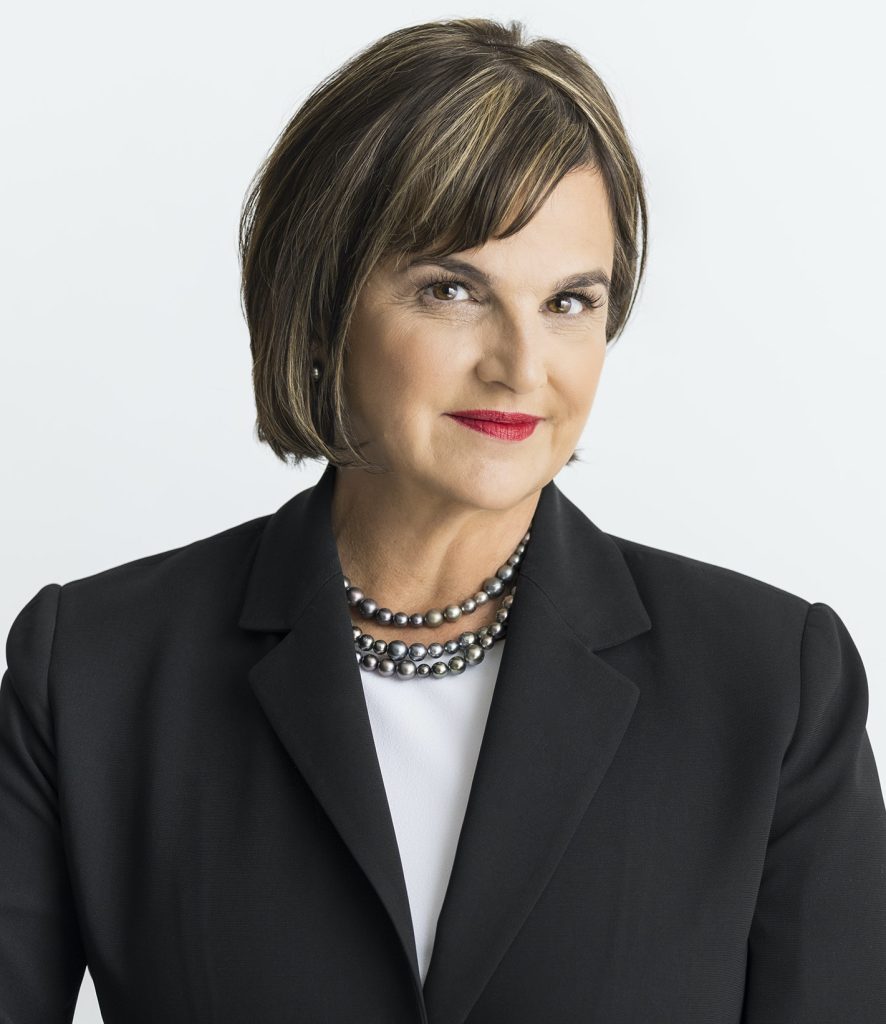Religion and Law in Ireland’s Post-colonial Nation-Building

David Kenny is a professor of law and a fellow at Trinity College Dublin.
Peter McCarthy is a PhD candidate at the School of Law, Trinity College Dublin.
 It is well known that Roman Catholicism played a central role in Ireland’s colonial and independence eras. Various formal legal disabilities on and discriminations against Roman Catholics under the Penal Laws were seen as a major source of British colonial oppression in Ireland. These laws were in force for a long time, and their longevity and impact distinguish the experience of Irish Catholics from many of their European co-religionists [1]. The divisions between Catholic Ireland and Protestant Great Britain were entrenched by reference to religious belief and status, and religious liberation was therefore a major part of movements opposing British rule in Ireland. Catholicism became the “central characteristic of Irish nationalism” [2] and the primary way by which to distinguish the colonizer from the colonized. The population of the Irish state was, at the time of its independence in 1922, more than 90% Roman Catholic, while Catholics were a small minority of the population of the United Kingdom.
It is well known that Roman Catholicism played a central role in Ireland’s colonial and independence eras. Various formal legal disabilities on and discriminations against Roman Catholics under the Penal Laws were seen as a major source of British colonial oppression in Ireland. These laws were in force for a long time, and their longevity and impact distinguish the experience of Irish Catholics from many of their European co-religionists [1]. The divisions between Catholic Ireland and Protestant Great Britain were entrenched by reference to religious belief and status, and religious liberation was therefore a major part of movements opposing British rule in Ireland. Catholicism became the “central characteristic of Irish nationalism” [2] and the primary way by which to distinguish the colonizer from the colonized. The population of the Irish state was, at the time of its independence in 1922, more than 90% Roman Catholic, while Catholics were a small minority of the population of the United Kingdom.


